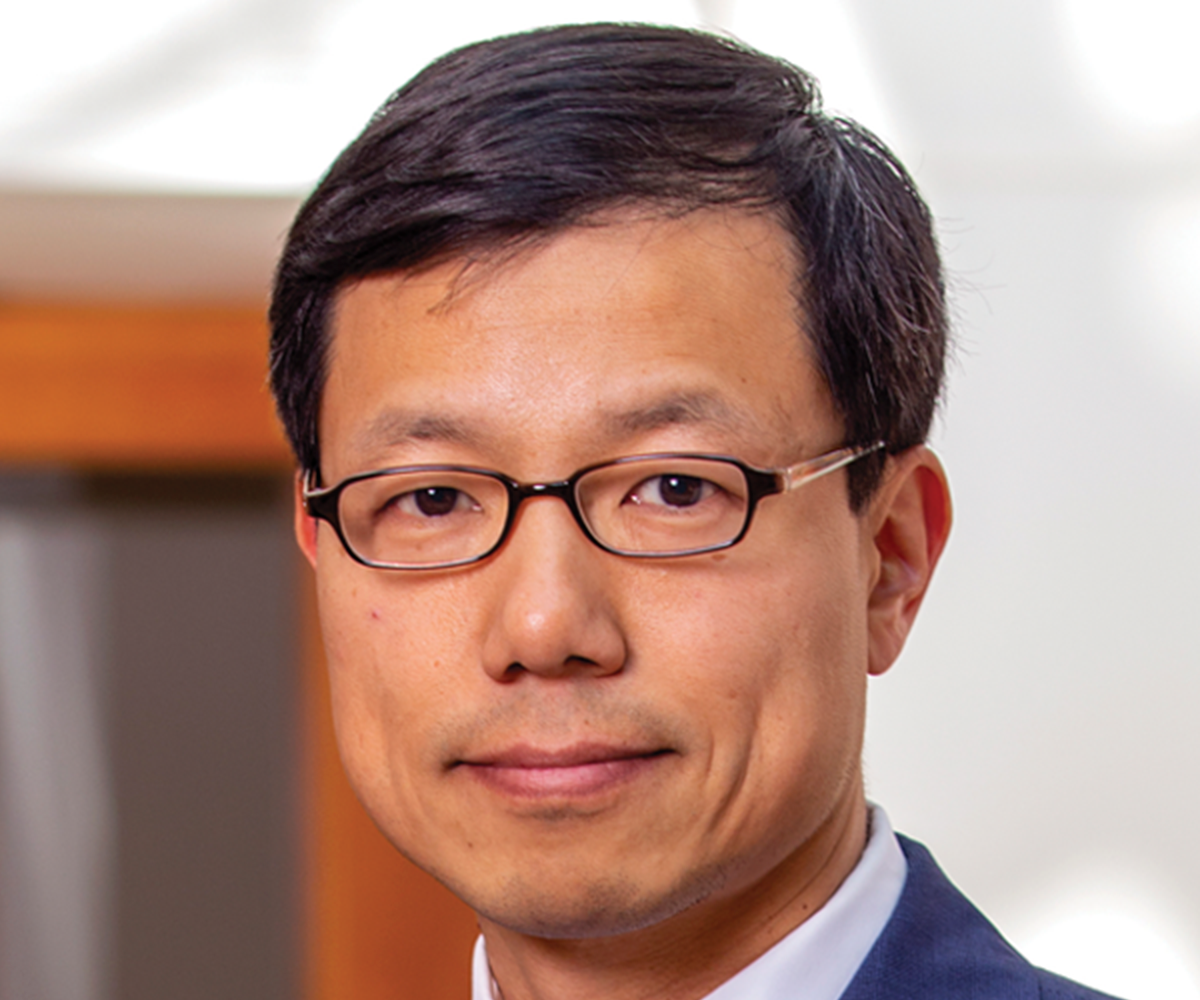
Researchers led by Ludwig Harvard’s Peter Park and alumnus Jake June-Koo Lee reported in a May publication in Nature the molecular origins of certain types of breast cancer whose root genomic causes were a mystery. Their findings suggest that estrogen is not just a potential propellant of breast cancer growth, as was thought to be the general case, but may also serve as an initiator of malignant transformation in as many as a third of all breast malignancies. Through their analysis of 780 breast cancer genomes, Peter, Jake and colleagues discovered that the hormone’s activation of its receptor (ERα) can lead to focal amplifications of oncogenes through a newly identified mechanism they call translocation-bridge amplification. Their model holds that ERα binding to its target DNA sequences can induce DNA breaks, and that those breaks are sometimes repaired by the gluing together of two different chromosomes. The generation of these interchromosomal translocations triggers a cascade of events during cell division that—via the shattering of the abnormal chromosomes and the circularization of the resulting fragments into extrachromosomal DNAs—culminates in the focal amplification of oncogenes. The novel mechanism of genomic rearrangement they describe, and experimentally validate, explains the observed amplification of some key breast cancer oncogenes, including ERBB2 and CCND1.
ERα-associated translocations underlie oncogene amplifications in breast cancer
Nature, 2023 May 17